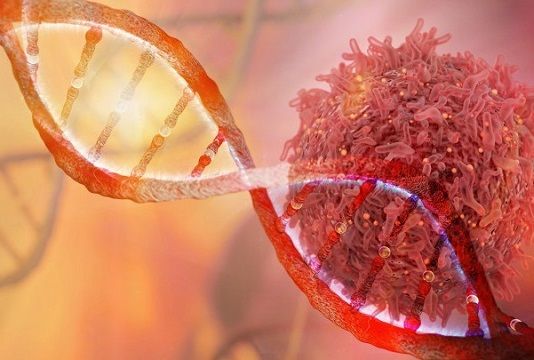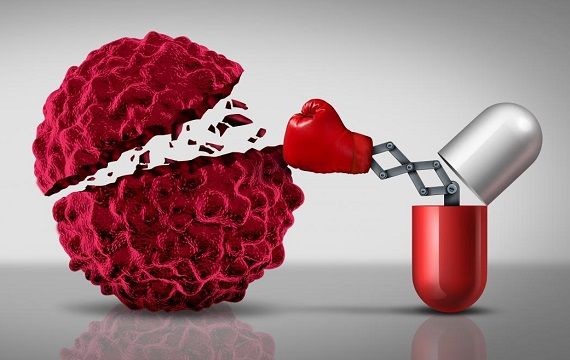Possible Cancer Cure - Treatments That Leave Healthy Cells Unharmed
Aug 07, 2019 • 13 views
Although there is a limited number of cancer treatments in market these days often costing a lot accompanied by a long list of side effects. A patient might suffer from bladder problems, anemia, loss of appetite, diarrhea, bleeding, sexual issues, constipation, fatigue, hair loss depending on the type of treatment as well as kind of cancer.

After years of research, scientists have identified a unique protein modification that supports survival of the tumor cells. According to the researchers, this process is expected not to have all the side effects that conventional processes often has.
Groups of researchers at the University of Central Florida, Oregon State University and New York University discovered the protein-modification while studying a special kind of neurofibromatosis, commonly known as NF2. This is recognized by a characteristic tumors development of the nervous system.

According to a professor in OSU's College of Science, Tumor cells are characterized by their uncontrolled growth also termed as schwannomas, as well as these cells need to produce energy constantly to replicate the building blocks.
Researchers led by undergraduate student Jeanine Pestoni observed that schwannoma cells produce a specific nitrating agent and oxidant which modifies tyrosine, amino acid in proteins. In certain proteins, when tyrosine becomes nitrated this triggers a series of reprogramming in metabolism of the tumor cells; this in turn enables them to proliferate and replicate.

The tumor cell has a different way of producing energy and building blocks to sustain their persistent growth. They have a signature metabolic process that differs from that of the normal cells. The researchers claim to have discovered, that the most powerful oxidant produced in cells, a chemical compound also known as peroxynitrite, is responsible for controlling the metabolic changes occurring in tumor cells and hence assisting their growth. They also said that there might be certain proteins that on becoming nitrated acquire a set of properties they did not have before. These new set of functions are expected to have effects on the tumor growth. The production of this oxidant, called Peroxynitrite is increased to great extent in pathological conditions. These conditions are comparable to those found in tumors, but never in normal tissues.
Scientists say, this specific discovery creates exciting and new possibilities of targeting peroxynitrite production in tumor cells. Which in turn could be a new therapeutic strategy for treating tumors of the nervous system, with negligible to no side effects on normal tissues unlike conventional methods.

Considering this is complete new chapter in cancer treatment, in near future it may even use for the treatment of several other cancer types.
